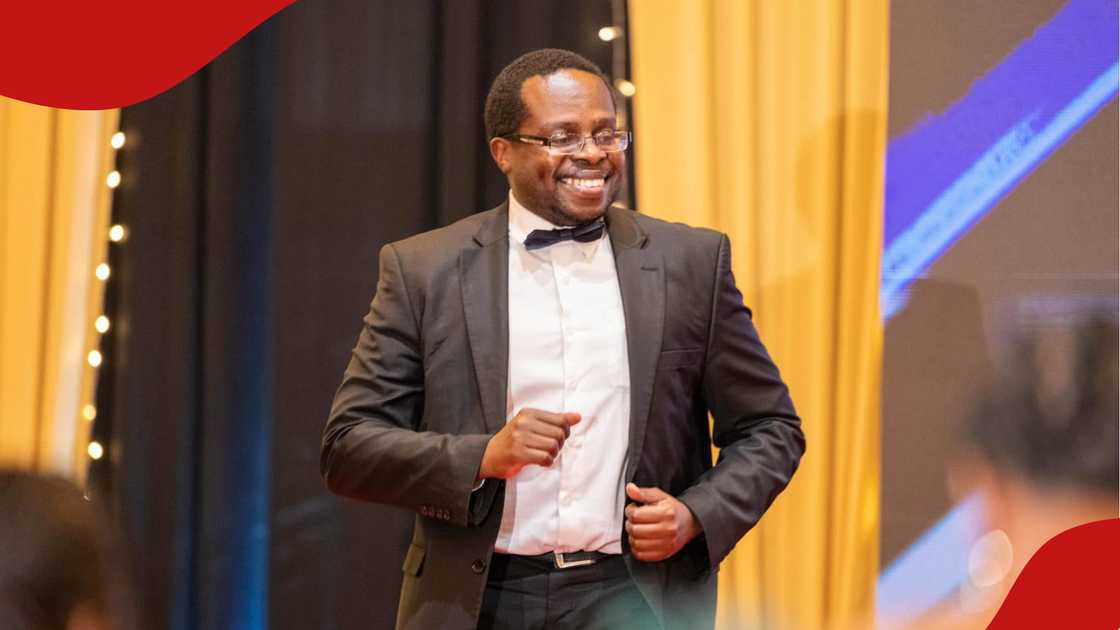ODM leader Raila Odinga has explained why he canceled his planned appearance at the Kamukunji Grounds to commemorate Saba Saba Day.
Speaking at the Serena Hotel on Monday, July 7, the former Prime Minister cited movement restrictions within Nairobi that made access to the venue difficult as the cause.
"I was going to go to Kamukunji to join other Kenyans in commemorating this very important day. Unfortunately, as you all know circumstances today, road blocks all over town, which has made it difficult for people to move to Kamukunji," he said.
Raila, a central figure in Saba Saba events, reflected on the day’s significance while linking its legacy to the current national mood.
He noted that 35 years after the landmark protests, Kenya is again witnessing widespread unrest and political agitation, particularly from a new generation of youth-led movements.
Read More
"We are a better nation because Saba Saba happened. We have a duty and responsibility to honour the men and women who dared to dream and to turn out at a time of great peril to themselves and their families.
"35 years later, the country is grappling with a new wave of unrest and political activism. The question we have to ask ourselves is where do we go from here? Do we embrace chaos or a coming together of minds and country?" he poses.
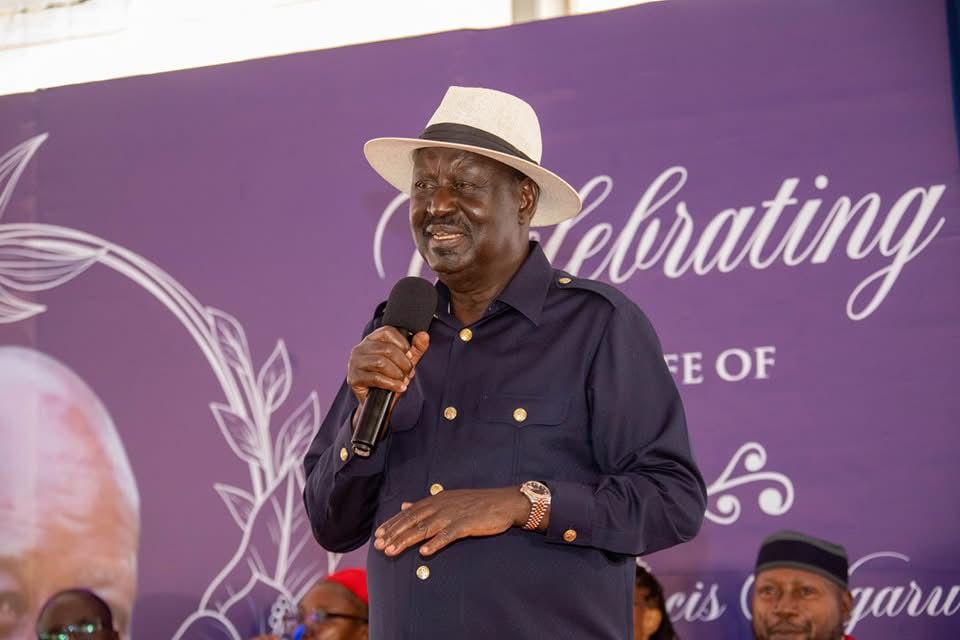
Declaring his support for dialogue over confrontation, the former opposition leader urged unity and reflection.
"As a living architect of the events leading to Saba Saba, I choose a coming together of minds and country in the interest of the country I long fought for—its progress, stability and prosperity," he added.
Additionally, Raila proposed a national conversation across generations to address governance and institutional shortcomings, singling out the police service as an urgent priority.
"I propose an inclusive intergenerational national conclave to hear our people across all divides and come up with irreducible reforms and changes necessary to take the country forward.
"I propose that the country urgently turns to the agenda of comprehensive police reforms, focusing on enhancing accountability, transparency and improving the police-to-people relationship," he further said.
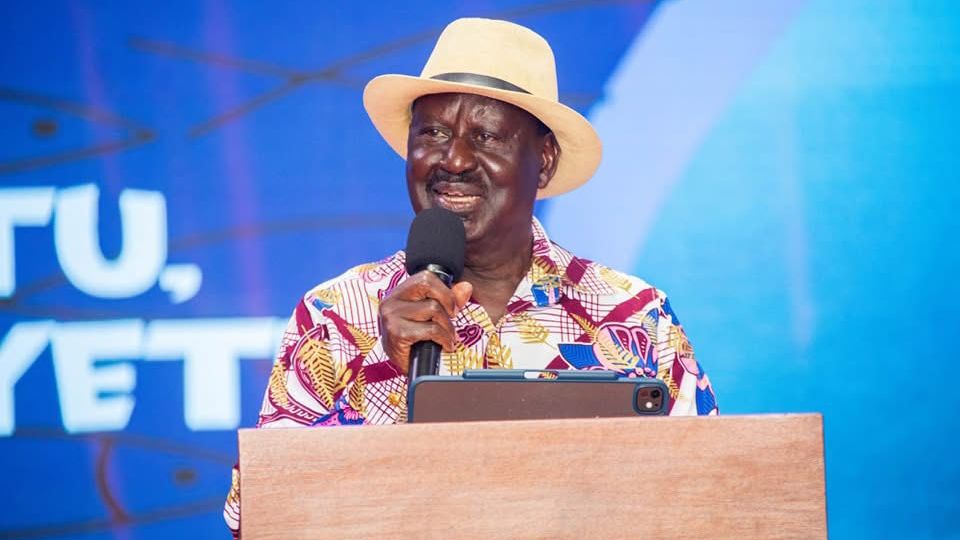
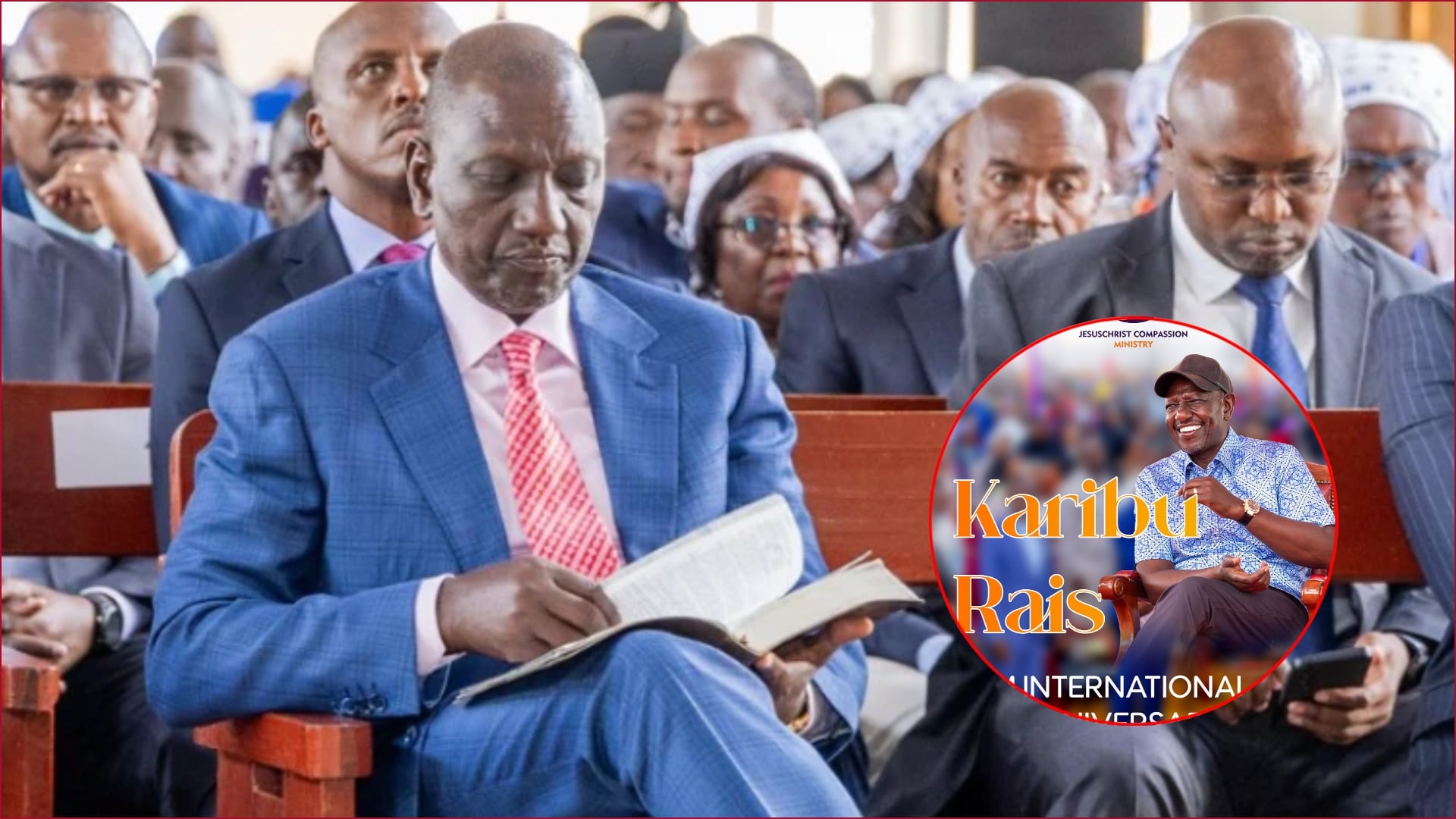

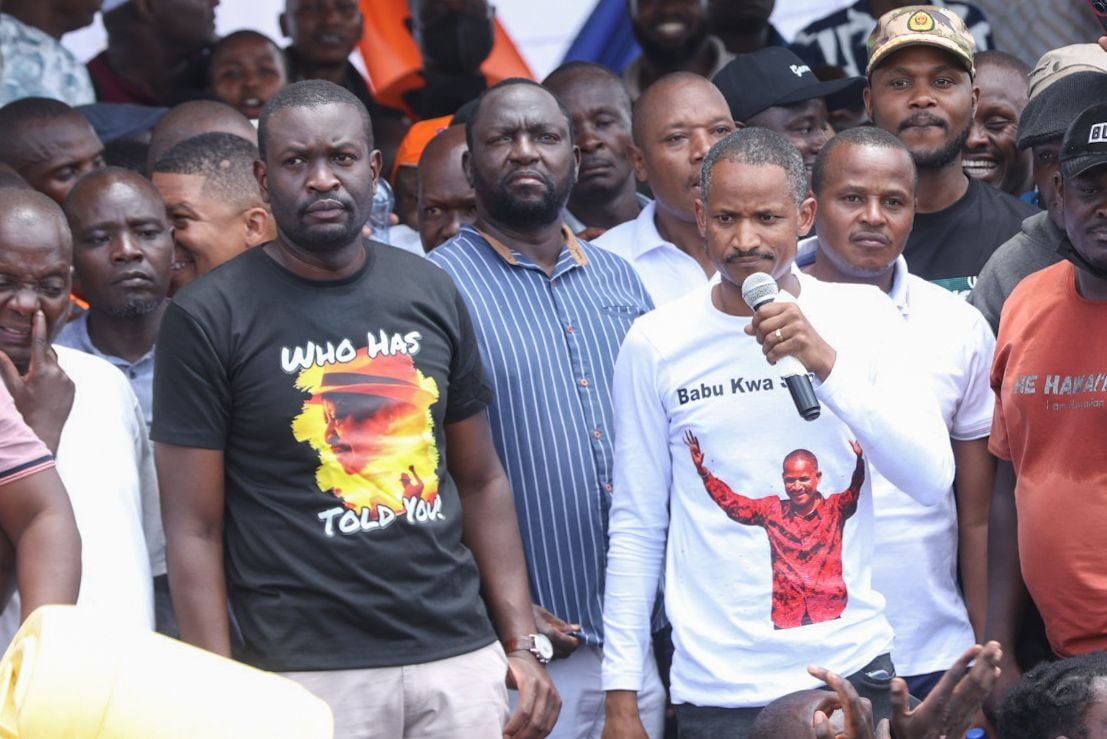
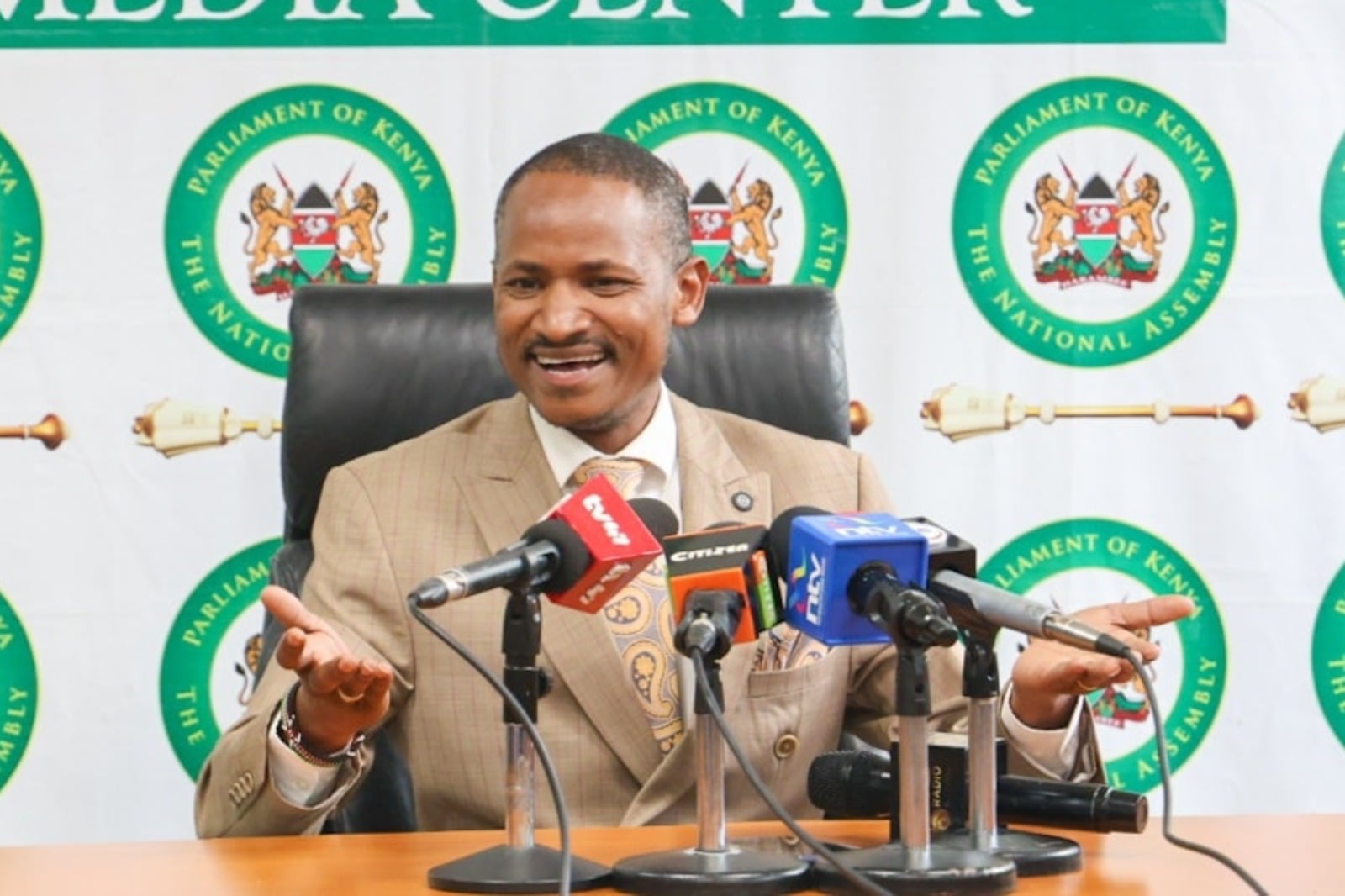
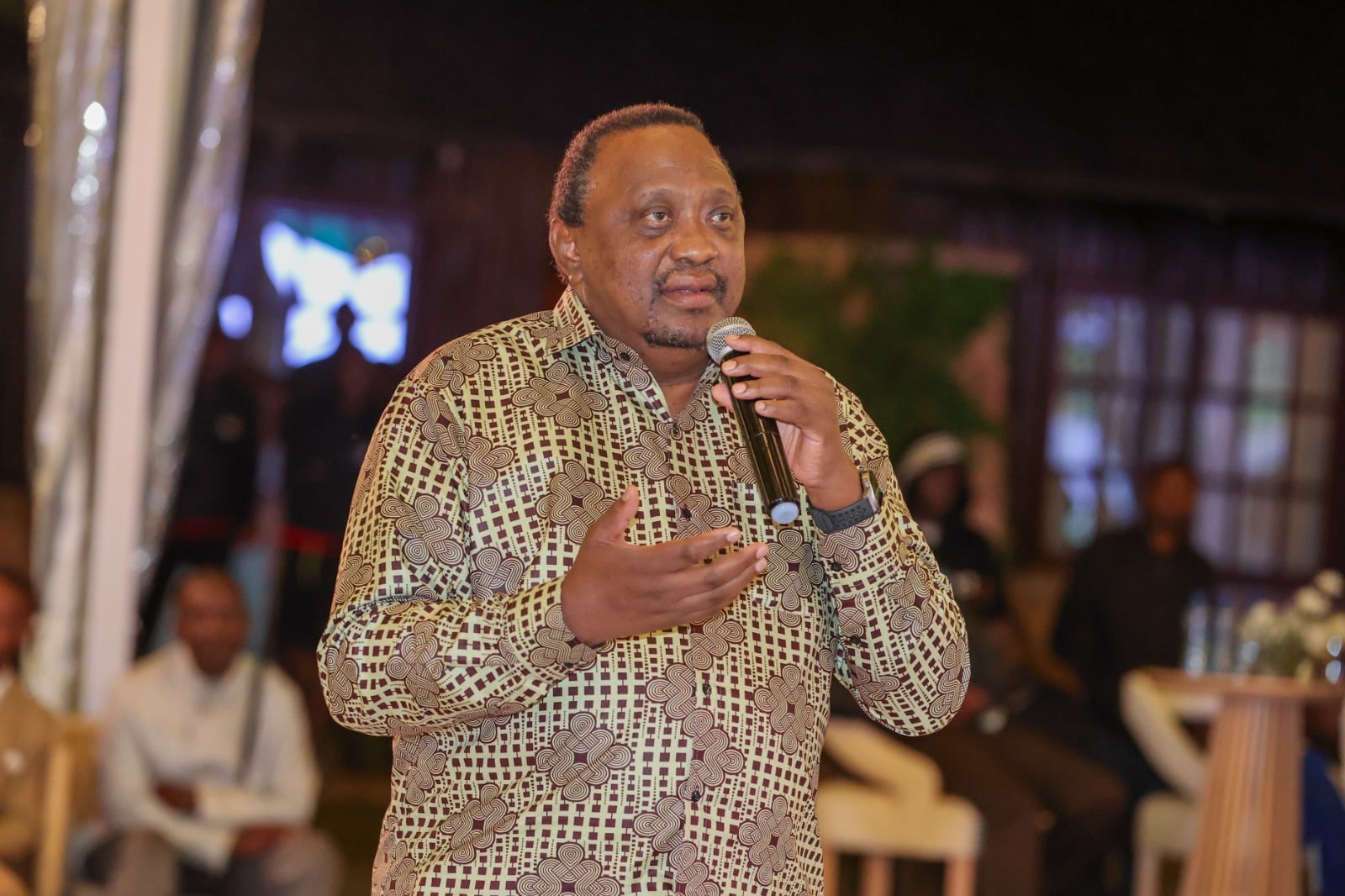
-1771737995.png)
